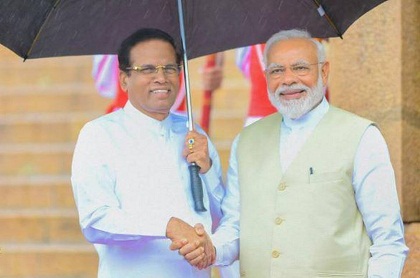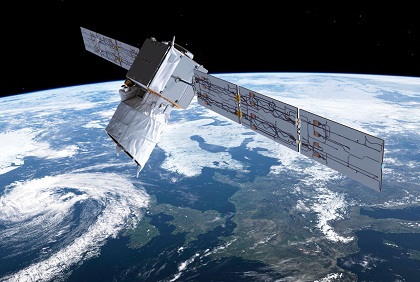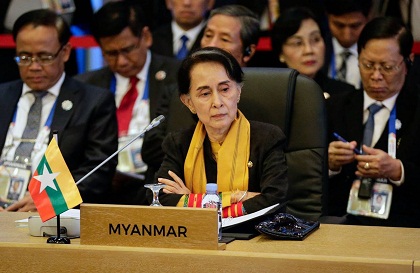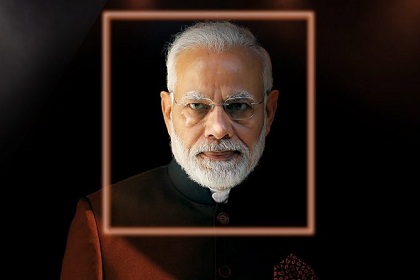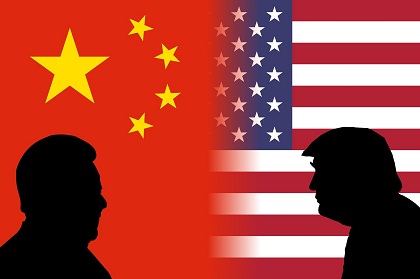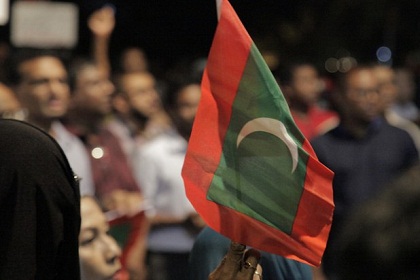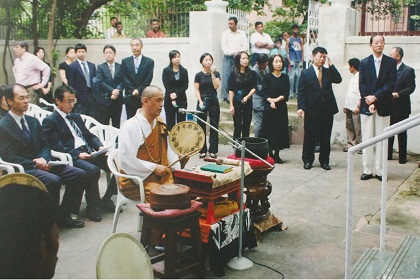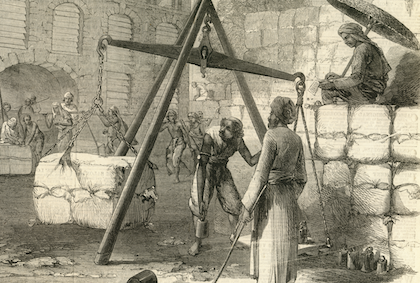Crisis in the WTO Appellate Body
The imminent expiration of the terms of some members of the WTO Appellate Body, with neither any signs of their extension nor appointments being made afresh, suggests that this crisis will intensify. An analysis of all that ails the WTO Appellate Body, and the implications this has for India and the multilateral trading system


